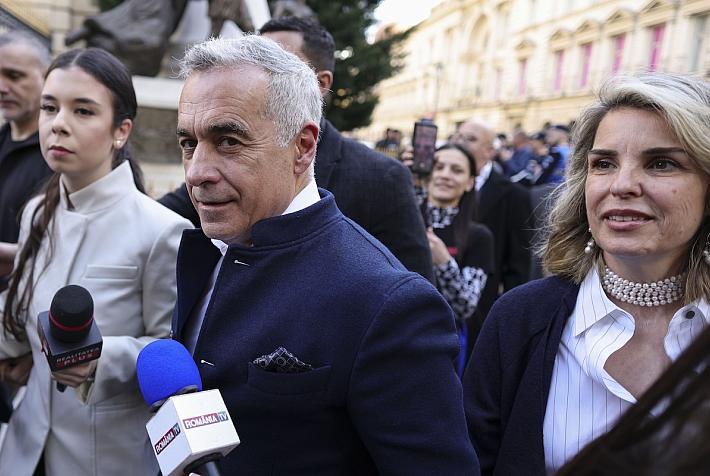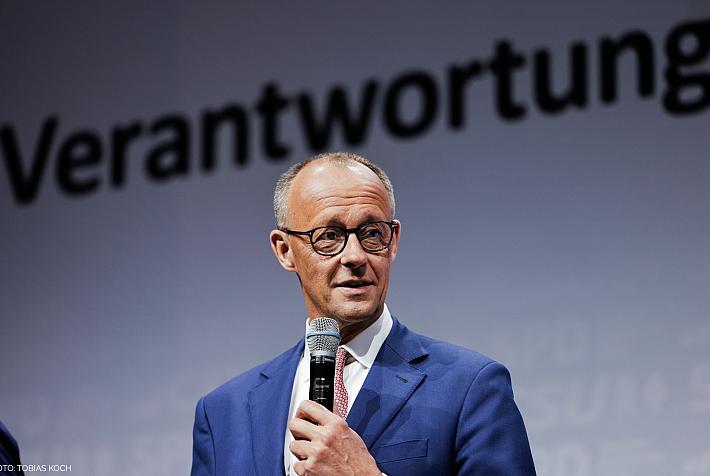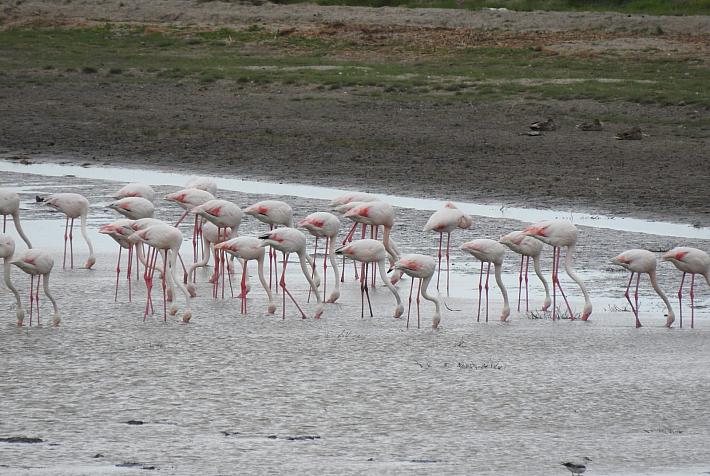EC wants cross border tracking and protection of human trafficking victims

The European Commission (EC) is planning new rules and strategies to counter human trafficking both within the member states and from outside the EU, and highlighted some cases with particular relevance to Romania. Shared research into the economic and procurement techniques used, as well as cross border tracking and protection of victims are some of the measures planned by EC.
According to the EC hundreds of thousands of adults and children in the EU were or are modern day slaves, “coerced into becoming prostitutes, beggars, laborers, domestic servants, or working in other ways for little or no pay.”
The EC wants to see cooperation between national police forces and Europol, as the international nature of human trafficking requires joint action to bring the guilty to justice. Collaboration between different NGOs working with victims will also be encouraged, again the EC hopes the sharing of information and resources across borders will lead to more effective control of the problem.
The EC has released four case studies that illustrate both the breadth of the problem and its particular relevance to Romania, with two of the interviewees being Romanian. Teodora, now aged 35, was forced into prostitution in Belgium. She later helped police arrest those responsible for running the prostitution ring.
Also from Romania, Cristina was married off aged just 13. Her 18 year old husband forced her to steal for a living in Spain, they later moved to Belgium, where arrest by the police gave Cristina the chance to escape. She now lives in a shelter and goes to school.
The other two examples show the multifaceted nature of the problem, Agnès, an orphan from the Ivory Coast was brought to France with the promise of an opportunity to study, but she was instead forced into domestic slavery. She later escaped with the help of neighbors. Mark from the UK shows a different, perhaps lesser known, type of exploitation. He was unemployed and desperately short of money when he was offered a job with accommodation. This led to forced labor in the Netherlands and Sweden, where he worked 15 hours a day for no pay. He was eventually rescued by the Swedish police.
The new proposals EC will be debated by national governments and the European Parliament. They will add to a law passed last year that set up common EU standards on prosecuting traffickers and member states will have until have until April 2013 to put the new rules into their own national laws.
Liam Lever, liam@romania-insider.com











